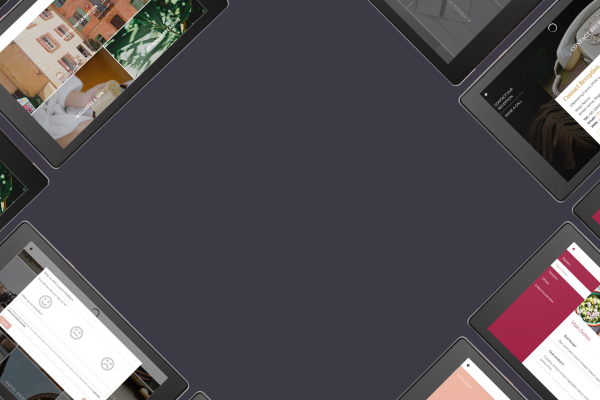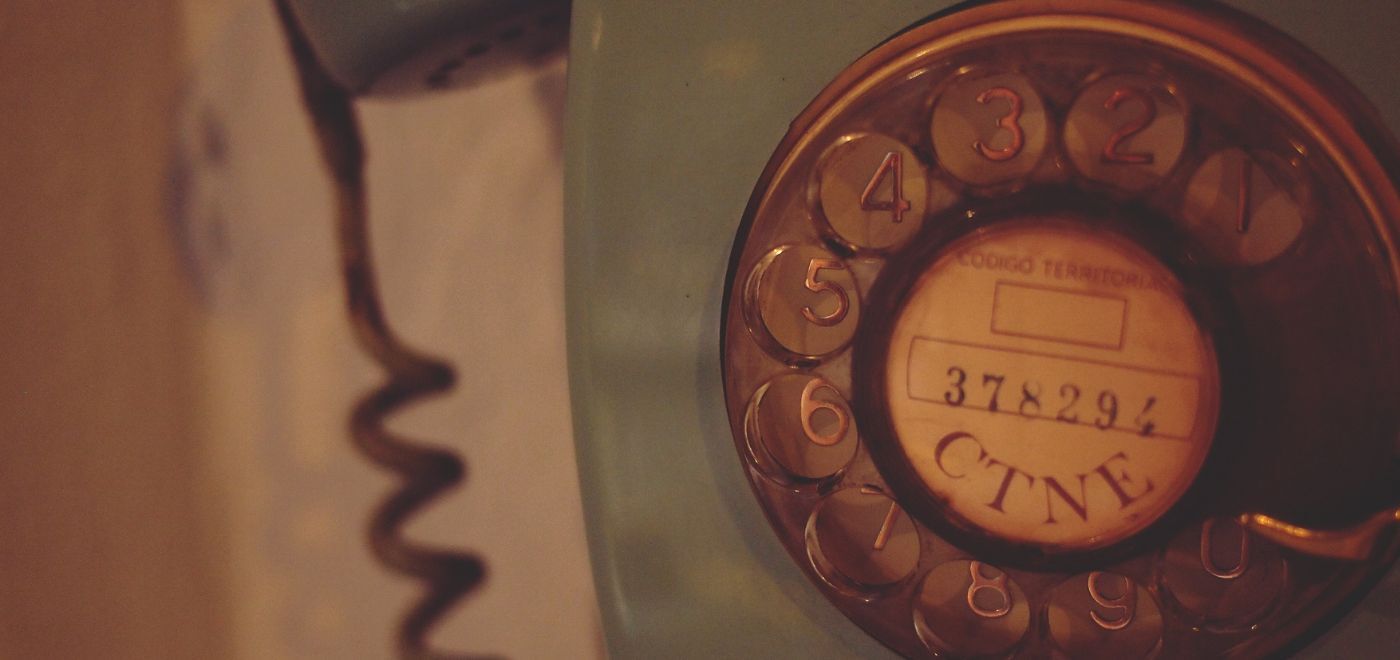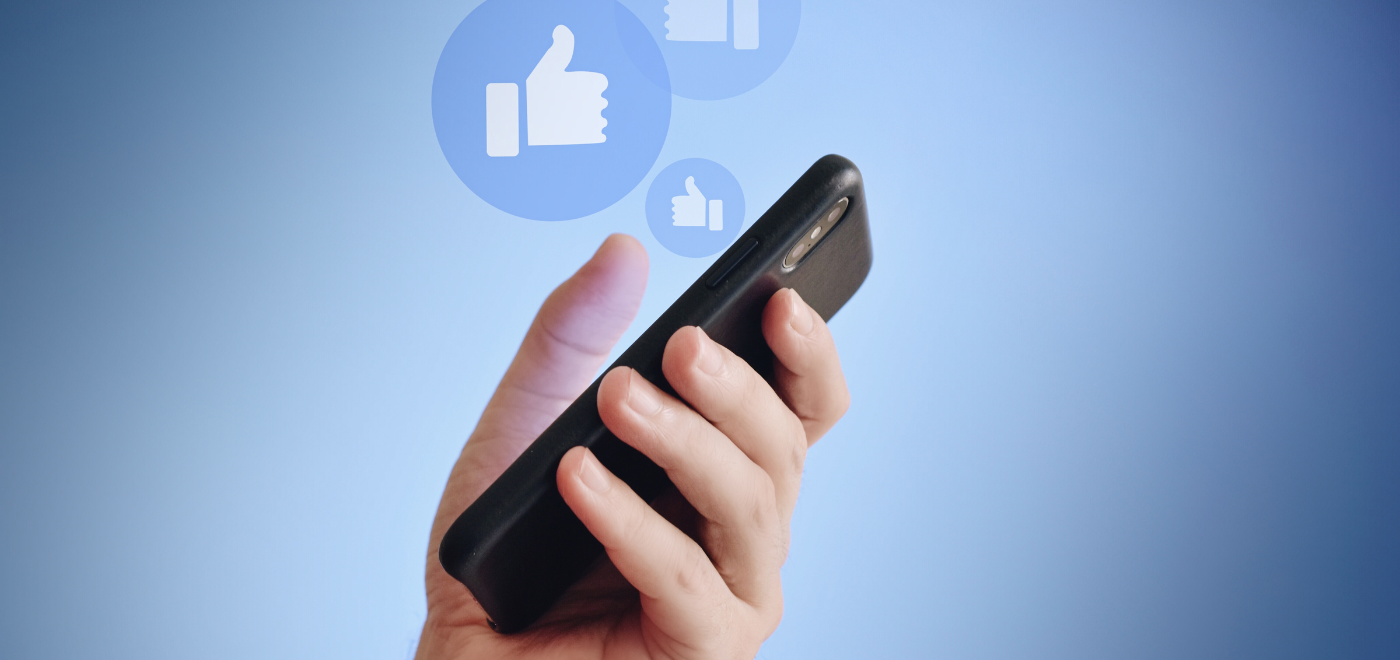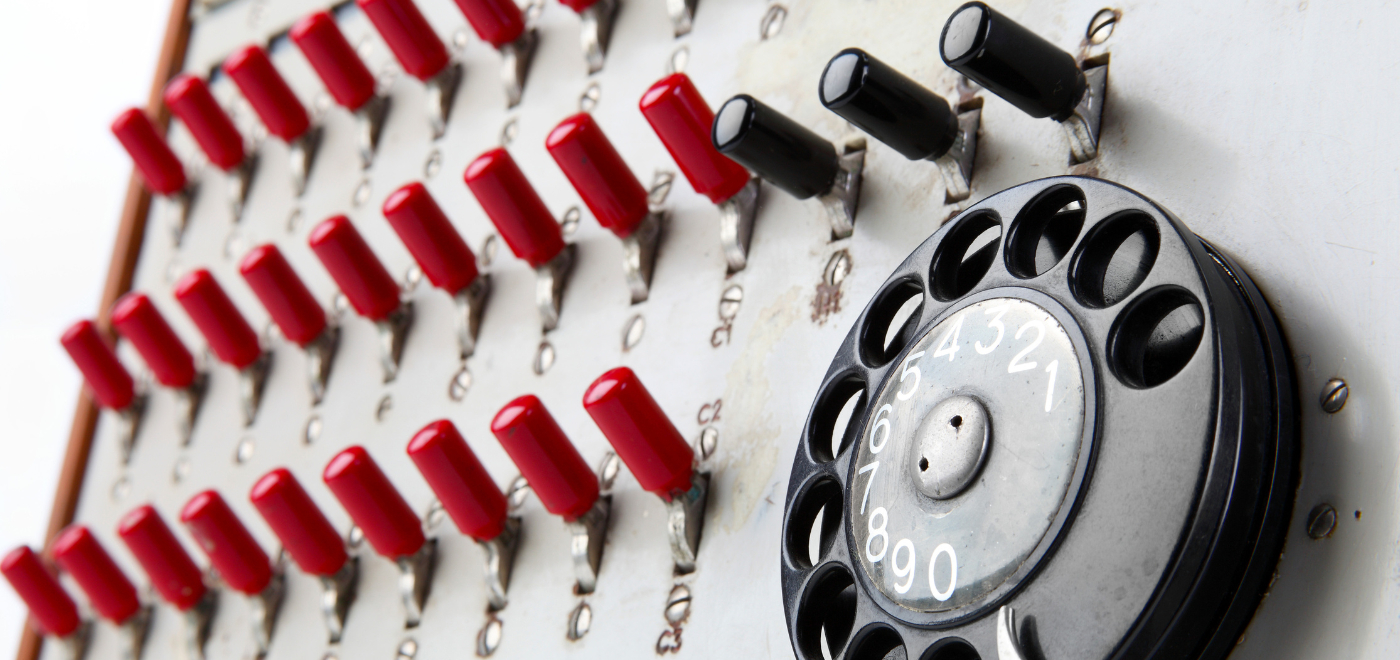![]()
Explore practical design ideas for hotel in-room tablets that improve guest engagement and reinforce your brand—featuring tips on splash screens, home screen layouts, video content, QR codes, and more.
Branding matters, and not just for big names like Google, Apple, or McDonald’s, but for hotels too. Especially for large hotel groups trying to stand out, having a strong brand identity can make all the difference. While things like great service and cleanliness are essential, it’s the little brand details that can turn a one-time guest into a loyal customer.
That’s why SuitePad’s content team puts a lot of care into creating bespoke in-room tablet designs that reflect the unique character of each hotel we work with.
In this blog, we have compiled our favourite design elements with some best practices to give you an insight into how your installation can look like.
 1. Animated Splash Screen
1. Animated Splash Screen
At the top of our list is one of our favorite features: the animated splash screen. It’s the first thing guests see when the tablet lights up as they walk into the room, so it’s your chance to make a strong first impression. This is where your branding really shines, whether it’s your logo, colors, or a visual that ties into your interior design. It sets the mood and immediately connects the digital experience with the atmosphere of your hotel. A small moment, but a powerful one.
2. Customized Home Screen
Customizing the content of your guest directory is just the start—the home screen is where it all comes together. During onboarding, our content team works closely with you (or follows your creative briefing) to design a layout that fits your hotel perfectly. If you're a large hotel chain catering to business travelers, we can keep it clean and practical. If you’re a resort or design hotel, we can get more creative with unique layouts, shapes, and visuals that reflect your brand style.
3. EMBEDDED VIDEOS AND GIFS ON PAGES
In your installation, apart from your own branded images or stock images, our tablets can also support embedded videos of gifts, as tile, header or overview images. This might sound like a small detail, but there are some research out there that can back up that claim: according to a Wistia study, people spend 2.6x more time on pages with video than without and according to Forrester Research, 1 minute of video is worth 1.8 million words in terms of communication power. This is not made up, these are true numbers.
 4. Fixed Button bar for menus and features & QR-Code
4. Fixed Button bar for menus and features & QR-Code
Another design element we love for both aesthetics and usability is the fixed button bar. It allows your guests to easily navigate between the most important features, no matter where they are in the guest directory. Whether it's quick access to restaurant reservations, spa bookings, or room requests, this feature ensures that your key services are always just one tap away.
And for hotels looking to connect their offline experience with digital touchpoints, we can also add custom QR codes. These can be embedded directly within the tablet content, linking to anything from your restaurant’s Instagram page to digital menus or exclusive promotions. It’s a seamless way to extend your guest experience beyond the tablet and reinforce your brand at every turn.
Conclusion
Design plays a quiet but powerful role in shaping how guests experience your hotel. It influences what they notice, how they feel, and how easily they find what they need. A well-designed digital interface doesn’t just look good—it creates clarity, builds trust, and reinforces your brand in every interaction. In the end, it’s these small, thoughtful details that leave a lasting impression.
Published on 21 May 2025




.png?width=100&height=100&name=Bastien%204x4%20(11).png)



.png)
